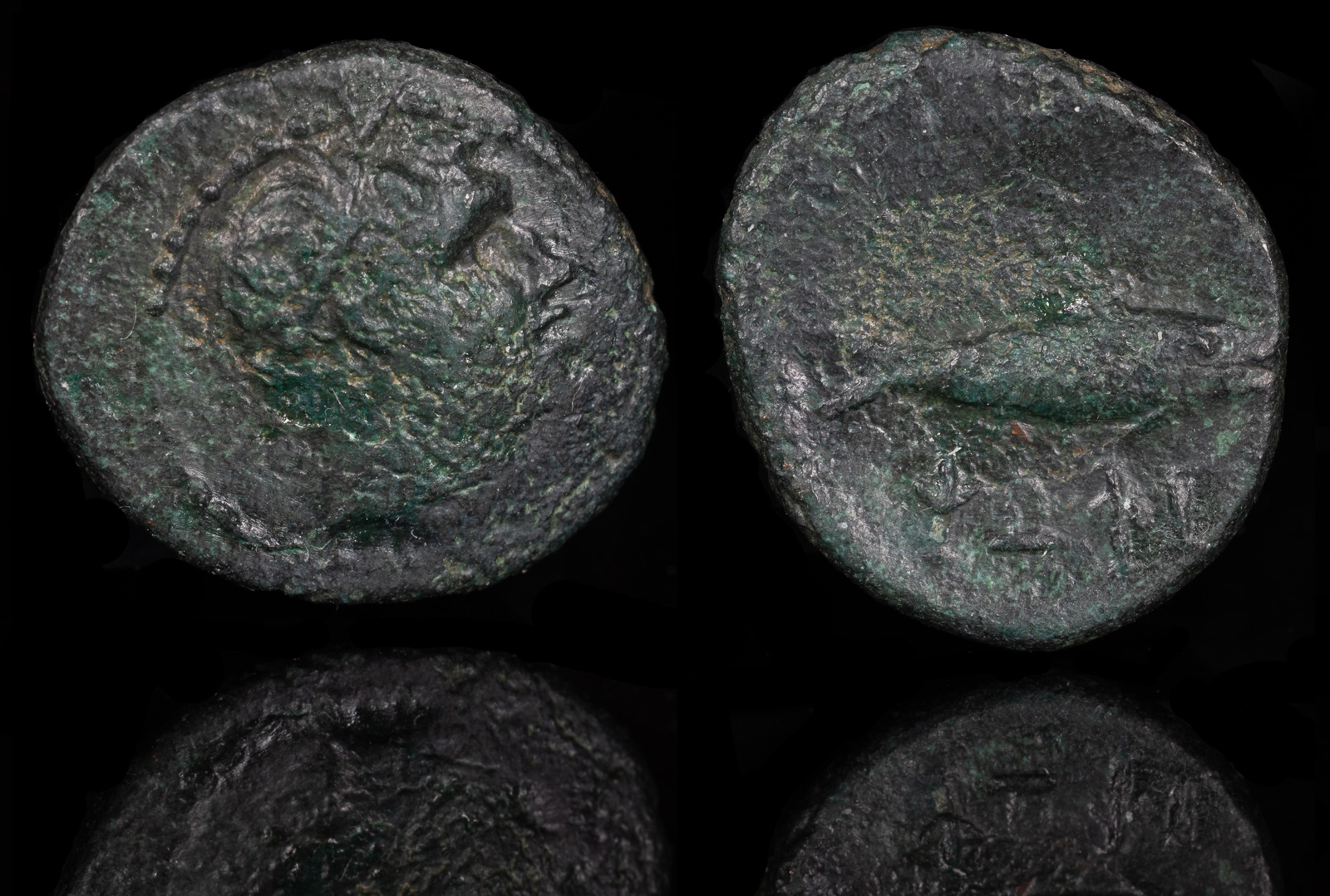Erymanthos
View All Tags
In mythological accounts, Erymanthos is typically portrayed as a powerful, natural figure, embodying the life-giving and sometimes destructive forces of rivers. His association with the land and water makes him an important figure in the ancient Greek understanding of nature’s interconnectedness. The river, like many other river gods, was often seen as both a nurturing and a dangerous force, symbolizing the duality of nature. The Erymanthos River itself was known for its wild, fast-flowing waters, and in some versions of the myth, it played a key role in the famous Labors of Heracles.
Erymanthos is most notably mentioned in the Third Labor of Heracles, in which the hero was tasked with capturing the Erymanthian Boar. The boar was said to live on Mount Erymanthos, and its capture was one of Heracles’ more difficult feats. During this labor, Erymanthos is sometimes seen as a participant in the myth, as the boar was said to be terrorizing the land by destroying crops and attacking villagers near the river. Heracles was required to trap the boar and bring it alive to King Eurystheus, and in some accounts, the river’s waters played a part in Heracles’ strategy for subduing the creature.
Although not one of the more prominently featured river gods in Greek mythology, Erymanthos’ association with the land of Arcadia—often considered the archetypal wilderness of ancient Greece—made him an important figure in local mythology and ritual. Arcadia was a land of myths, revered as a place where gods and mortals could interact in a more natural and unspoiled setting, and the river Erymanthos, flowing through this terrain, embodied the wild and untamed spirit of the region.

Arkadia. Psophis
Circa 350-300 BCE
AE 13.87mm 2.01g
Obverse: Wreathed head of the river-god Erymanthos right
Reverse: Fish right, ΨΩΦI below
Attribution: BCD Peloponnesos 1684
Ex CNG
Ex BCD Collection